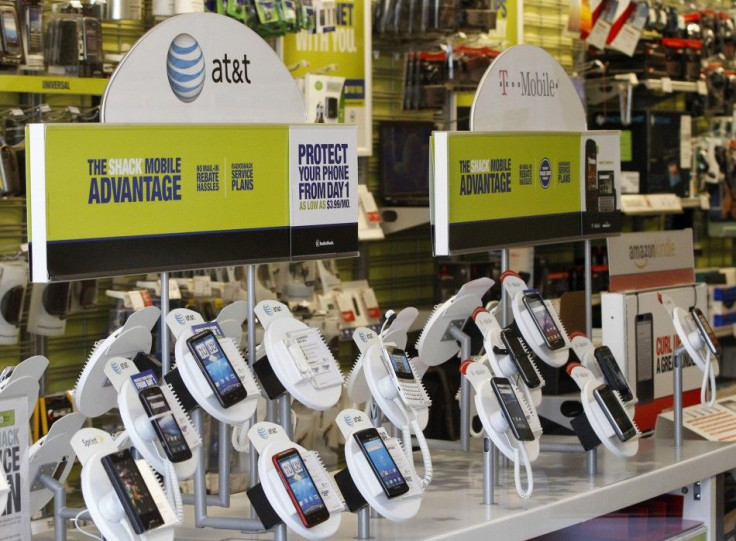DOJ Blocking AT&T/T-Mobile Deal: Impact on Apple

The U.S. government on Wednesday filed an anti-trust complaint seeking to enjoin the proposed merger between AT&T (NYSE:T) and T-Mobile USA.
AT&T's elimination of T-Mobile as an independent, low priced rival would remove a significant competitive force from the market, the DoJ stated in its complaint.
The complaint said that unless this acquisition is enjoined, customers of mobile wireless telecommunication services likely will face higher prices, less product variety and innovation, and poorer quality services due to reduced incentives to invest than would exist absent the merger.
While AT&T's challenge might be more challenging, it is incentivized by a large breakup fee of $3 billion in cash, spectrum that we estimate is worth at least $1 billion and a data roaming agreement, BTIG analyst Walter Piecyk wrote in a blog post.
Of course, AT&T could still work out a settlement with DOJ, but the body language from Deputy Attorney General James Cole at the press conference seemed a bit aggressive, Piecyk wrote.
In March, AT&T agreed to acquire Deutsche Telekom's U.S. unit T-Mobile for about $39 billion in stock. AT&T, with about 98.6 million connections to mobile wireless devices, and T-Mobile, with approximately 33.6 million connections, serve customers throughout the United States, reaching the homes of at least 90 percent of the U.S. population.
Impact on Apple
Ticonderoga Securities analyst Brian White has outlined the impact of termination of AT&T/T-Mobile merger on Apple (NASDAQ:AAPL).
This transaction was originally viewed by us as a positive for Apple as the company would gain access to T-Mobile's subscriber base for the iPhone. However, it is now anticipated that T-Mobile would already gain access to the iPhone 5 in October and would not need the AT&T to go through. As such, we believe a blocking of the deal will not impact Apple, White said in a note to clients.
Rumors are rife that iPhone 5 would also come to T-Mobile as Apple is seeking to expand the carrier base for its flagship device. While the source of the T-Mobile rumor, MacTrast, isn't as known to be as accurate as the Journal when it comes to tech events based in reality, they have confidently offered up news that the T-Mobile iPhone 5 will have 3G speeds and not 4G functionality like their high-end Android phones.
And as some have pointed out that while T-Mobile customers will likely take whatever iPhone they can get, others like 9 to 5 Mac, have reported that more than one million T-Mobile customers have already connected lesser iPhones to the network equipped with 3G data speeds.
Texas-based AT&T is the second-largest wireless carrier in the United States after Verizon. AT&T provides mobile wireless services in 50 states, the District of Columbia, and Puerto Rico, providing about 98.6 million connections to mobile wireless devices. In 2010, AT&T's revenues from mobile wireless telecommunications services were $53.5 billion, and its total revenues were more than $124 billion.
T-Mobile, with headquarters in Bellevue, Wash., is the fourth-largest wireless carrier in the United States. T-Mobile provides mobile wireless telecommunications services in 48 states, the District of Columbia, and Puerto Rico, providing about 33.6 million connections to mobile wireless devices. In 2010, T-Mobile's revenues from mobile wireless telecommunications services touched $18.7 billion.
© Copyright IBTimes 2024. All rights reserved.



















